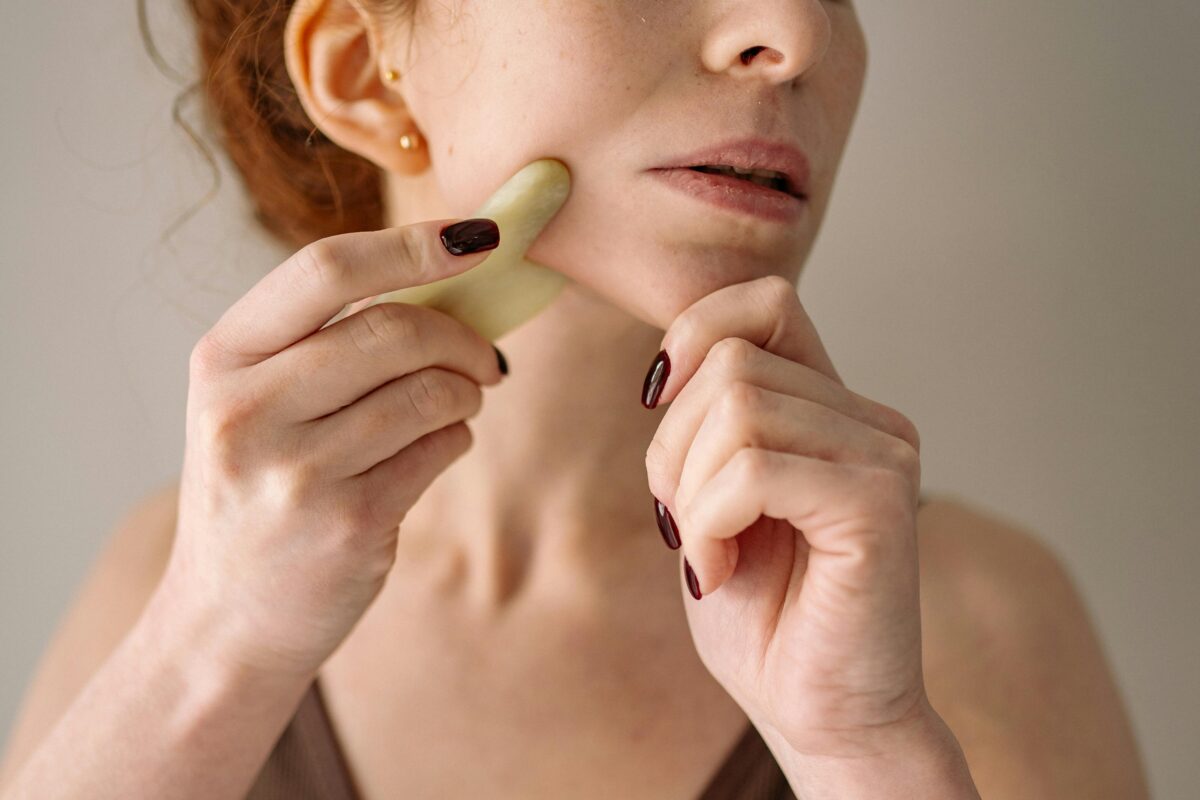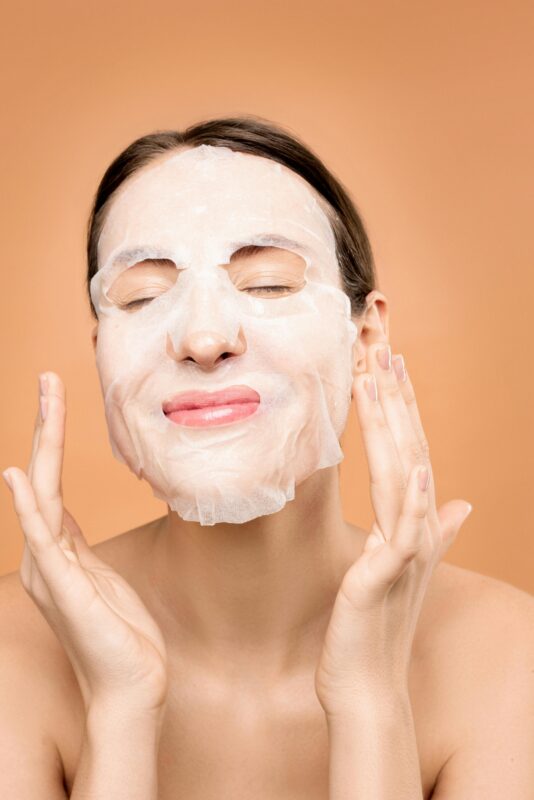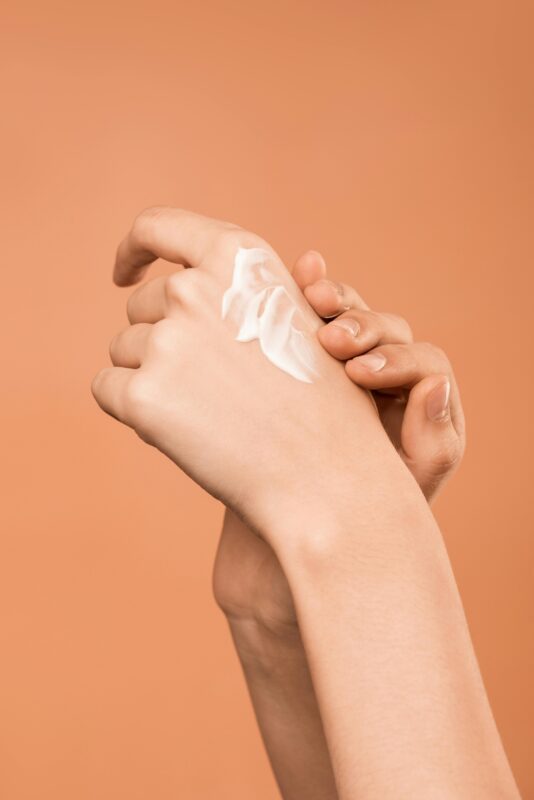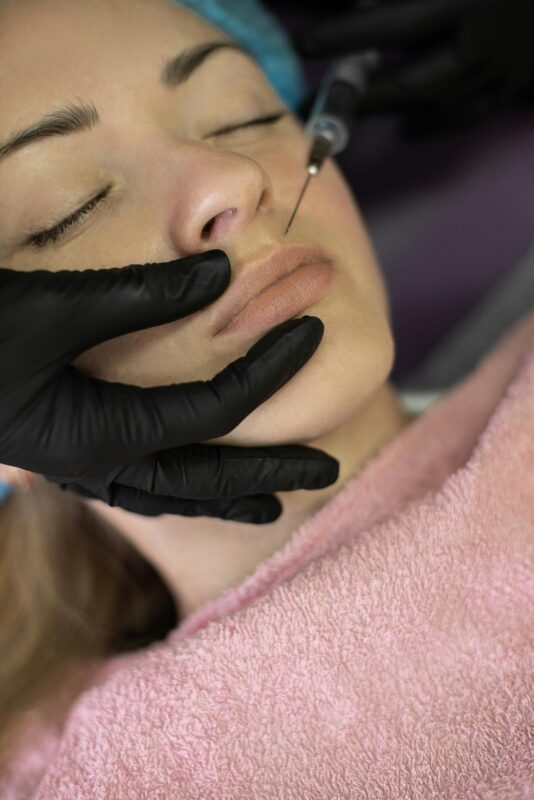Aging is an inevitable process, but the visible signs of aging—wrinkles, fine lines, sagging skin, and age spots—don’t have to define our appearance. For years, individuals have sought ways to preserve youthful skin, leading to an explosion of anti-aging products and treatments on the market. But as technology advances, so do the solutions to reverse skin aging, and today, new breakthroughs in science are changing the way we approach anti-aging skincare.
Recent studies in dermatology, skin biology, and cosmetic chemistry have produced innovative treatments and active ingredients that promise to slow down, halt, or even reverse some of the visible effects of aging. With a deeper understanding of the skin’s aging process and cutting-edge scientific discoveries, skincare now stands at the cusp of offering highly effective solutions.
In this article, we explore the latest scientific breakthroughs in the anti-aging world, focusing on novel skincare ingredients, advanced therapies, and groundbreaking technologies that are making it possible to reverse signs of aging and rejuvenate the skin.
The Science Behind Skin Aging
Before delving into these innovative breakthroughs, it’s crucial to understand the underlying biological processes that contribute to skin aging. Skin aging occurs due to a combination of intrinsic (natural) and extrinsic (environmental) factors. As we age, the skin undergoes several significant changes, including:
- Collagen and Elastin Degradation: Collagen, the protein responsible for skin strength and firmness, and elastin, which enables skin to return to its original shape after stretching, degrade over time. This leads to the development of wrinkles and sagging.
- Decline in Hyaluronic Acid: Hyaluronic acid is a naturally occurring substance in the skin that helps maintain moisture and fullness. As we age, its production decreases, which contributes to dryness and fine lines.
- Reduced Skin Cell Turnover: As we age, skin cell turnover slows down. This means dead skin cells accumulate on the surface, leading to a dull complexion and uneven skin tone.
- Damage from External Factors: Exposure to UV rays, pollution, and other environmental factors accelerates the aging process by increasing the breakdown of collagen and triggering oxidative stress, leading to photoaging.
1. Breakthroughs in Anti-Aging Skincare Ingredients
The skincare industry is brimming with exciting discoveries in active ingredients that promise to rejuvenate the skin and reverse the signs of aging. These ingredients address the various factors that contribute to aging, and their incorporation into skincare formulations has transformed anti-aging routines.
1.1. Retinoids: A Time-Tested Solution with New Potency
Retinoids, particularly retinol, have long been considered the gold standard in anti-aging skincare. These Vitamin A derivatives stimulate collagen production, accelerate skin cell turnover, and reduce the appearance of fine lines and wrinkles. While retinoids have been around for decades, advancements in delivery systems and formulation have enhanced their effectiveness.
Retinoic acid, the active form of retinol, has become one of the most powerful weapons in the anti-aging arsenal. Recent studies indicate that encapsulated retinoids offer a gentler approach while still promoting collagen synthesis and reducing wrinkles. These retinoids penetrate deeper into the skin, releasing gradually to avoid irritation and dryness, a common side effect of traditional formulas.
New variations like retinaldehyde offer another alternative that is less irritating than standard retinol but still provides strong anti-aging effects. These formulations are ideal for individuals with sensitive skin who want to achieve anti-aging benefits without the risk of discomfort.
1.2. Peptides: Building Blocks for Youthful Skin
Peptides, which are short chains of amino acids, play a critical role in maintaining skin structure. These compounds are gaining attention due to their ability to stimulate collagen and elastin production, making them powerful tools for combating skin aging.
Recent innovations have led to the development of synthetic peptides that can penetrate the skin more effectively, boosting skin regeneration and improving firmness. Notably, peptides like Matrixyl 3000 have shown promising results in reducing wrinkles, while Copper peptides accelerate tissue repair and collagen synthesis, contributing to overall skin rejuvenation.
Furthermore, the development of multi-peptide complexes has allowed for the targeting of various aspects of aging simultaneously. These formulations combine multiple peptides, each working to tackle different signs of aging, from skin laxity to hyperpigmentation.
1.3. Stem Cell Technology: Harnessing the Power of Cellular Regeneration
Stem cell technology has emerged as one of the most groundbreaking areas of research in the anti-aging field. While human stem cells are still being studied for their ability to regenerate skin, plant-based stem cells have already found their way into many high-end skincare products.
Plant stem cells are rich in growth factors and antioxidants that help repair damaged skin and promote regeneration. These stem cells have been found to stimulate collagen production, protect against oxidative stress, and reduce the appearance of age spots, making them a valuable addition to anti-aging formulations.
Additionally, human stem cell-derived exosomes, which are the particles released by stem cells, are showing promise in skincare treatments. Exosomes contain proteins and genetic material that can promote skin regeneration, making them a highly effective tool for skin rejuvenation.
1.4. Hyaluronic Acid: The Ultimate Hydrator
Hyaluronic acid is perhaps one of the most well-known ingredients in anti-aging skincare, and for good reason. This naturally occurring substance helps skin retain moisture, keeping it plump, smooth, and hydrated. However, as we age, our skin produces less hyaluronic acid, leading to dryness, fine lines, and wrinkles.
Recent breakthroughs have improved the use of hyaluronic acid in skincare. Cross-linked hyaluronic acid, for instance, is a more stable and long-lasting form of the acid. It provides sustained hydration, plumps the skin, and smooths out fine lines. This type of hyaluronic acid is also used in injectable dermal fillers, which can restore volume and elasticity to the face without the need for invasive surgery.
2. Advances in Anti-Aging Skincare Technology
Alongside advancements in active ingredients, innovative technologies are also helping to reverse skin aging. These technologies focus on stimulating the skin’s natural healing processes and enhancing its ability to regenerate.
2.1. Laser Treatments: Stimulating Collagen Production
Laser therapies have long been used for skin resurfacing and treating skin imperfections, but recent breakthroughs have made lasers even more effective at reversing signs of aging.
Fractional CO2 lasers work by creating tiny micro-injuries in the skin, triggering the body’s natural healing process and stimulating collagen production. This type of treatment can address fine lines, wrinkles, and age spots, all while improving skin texture and tone.
Pico-lasers, which use ultra-short pulses of light, are another exciting innovation. These lasers can target pigmentation issues and stimulate collagen production more effectively than previous laser technologies, offering non-invasive solutions for smoother, more youthful skin.
2.2. Radiofrequency and Microneedling: Enhancing Skin Tightening
Another powerful technology used in anti-aging treatments is radiofrequency (RF). RF energy heats the deep layers of the skin, stimulating collagen and elastin production while tightening sagging skin. This treatment is particularly effective for firming the skin around the face, neck, and jawline.
When combined with microneedling, which creates tiny punctures in the skin to encourage collagen production, the results are significantly enhanced. This combination treatment can reduce wrinkles, tighten skin, and improve overall skin texture, providing a non-surgical option for anti-aging.
2.3. LED Light Therapy: A Non-Invasive Approach to Skin Rejuvenation
LED light therapy, particularly red and near-infrared light, has been shown to promote collagen production, reduce inflammation, and accelerate tissue repair. These treatments are popular for their non-invasive nature and are widely used for improving skin tone and reducing signs of aging.
Research into LED light therapy is continually expanding, and it has shown promising results for improving skin elasticity, reducing fine lines, and enhancing overall skin health.
2.4. Cryotherapy and Cold Therapy: Rejuvenating Effects of Cold
While cryotherapy has been used for overall health and wellness, it is gaining traction in the world of skincare. Cryo-facials and cold therapy stimulate blood circulation and tighten the skin, which can reduce puffiness, improve skin tone, and promote collagen production.
Cold therapy also enhances the skin’s ability to retain moisture, leading to smoother, more youthful skin. These treatments, often coupled with other anti-aging procedures, offer a non-invasive and refreshing method for rejuvenating the skin.
3. Lifestyle and Supplementation for Skin Rejuvenation
While skincare treatments and products play a significant role in reversing skin aging, lifestyle factors cannot be overlooked. Proper diet, hydration, and a healthy lifestyle can significantly influence how our skin ages.
3.1. Nutritional Supplements: The Role of Antioxidants
Many of the antioxidants found in foods are now being incorporated into skincare products. They are also available as supplements. Vitamins like C and E, along with omega-3 fatty acids, are critical for maintaining youthful skin. These nutrients fight oxidative stress, which accelerates aging by causing cell damage.
Additionally, supplements containing collagen peptides have shown promising results in promoting skin elasticity and hydration. These supplements stimulate the body’s natural collagen production, making them an effective, internal method to combat aging.
3.2. The Importance of Sleep and Stress Management
Proper sleep and stress management play key roles in maintaining skin health. Chronic stress and lack of sleep can increase cortisol levels, which in turn can break down collagen and accelerate skin aging. Techniques such as meditation, yoga, and regular exercise can help reduce stress, ultimately improving skin health.
Conclusion
The world of anti-aging skincare has undergone a remarkable transformation thanks to advancements in science and technology. From innovative ingredients like peptides and stem cells to cutting-edge treatments such as laser therapies and microneedling, there has never been a better time to reverse the signs of aging. These breakthroughs offer exciting possibilities for individuals looking to maintain youthful, radiant skin at any age.
By incorporating these new scientific advancements into our skincare routines, we can now better address the effects of aging, not just in terms of prevention, but also through effective rejuvenation. As research continues, we can expect even more groundbreaking solutions to emerge, helping us all embrace aging with confidence.







